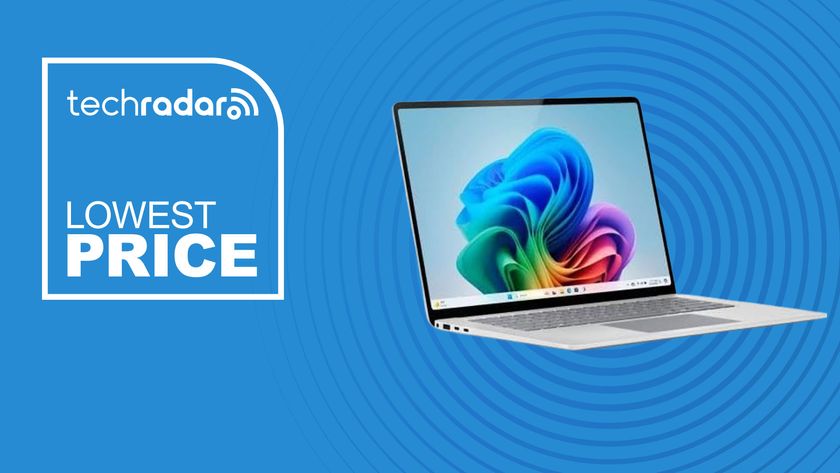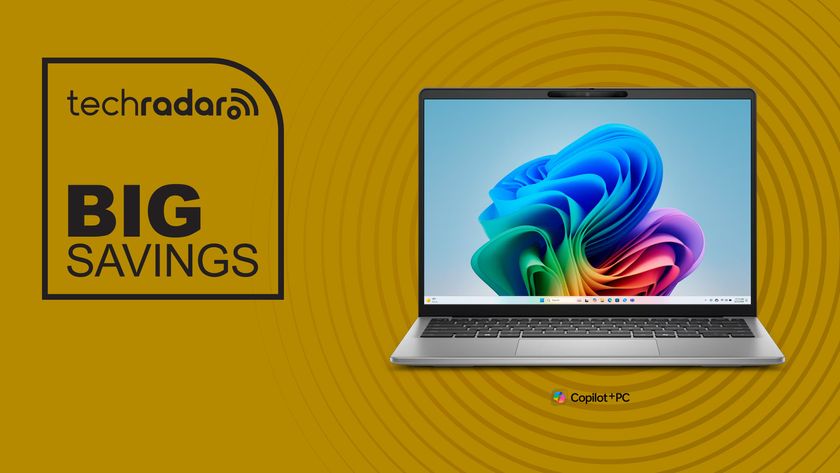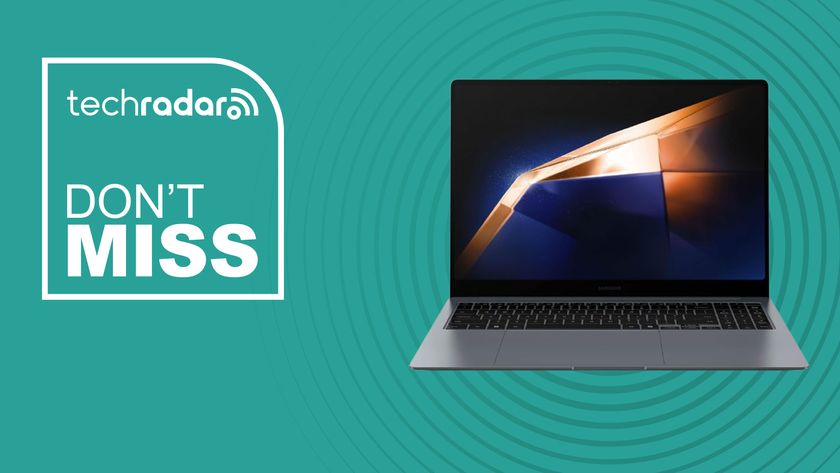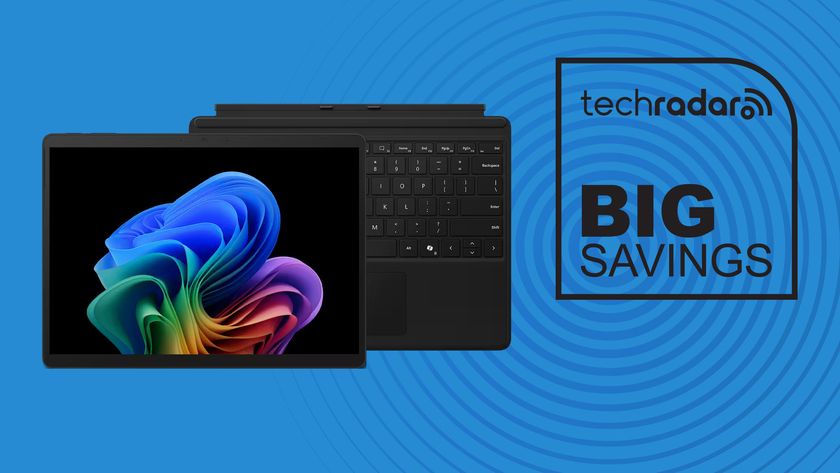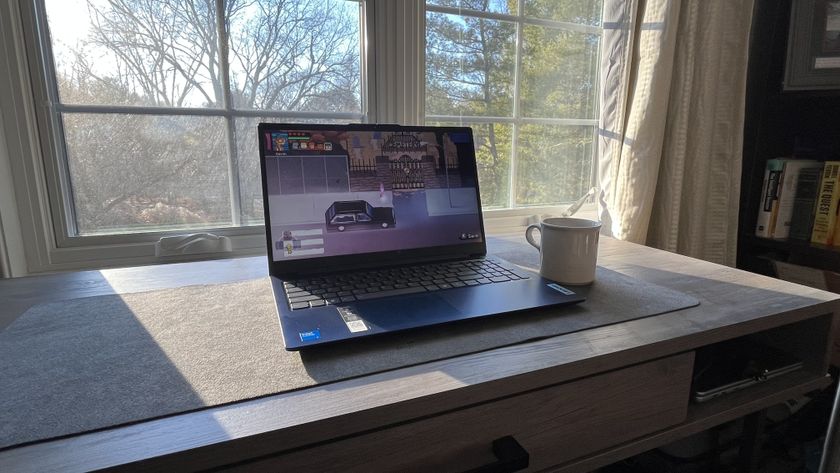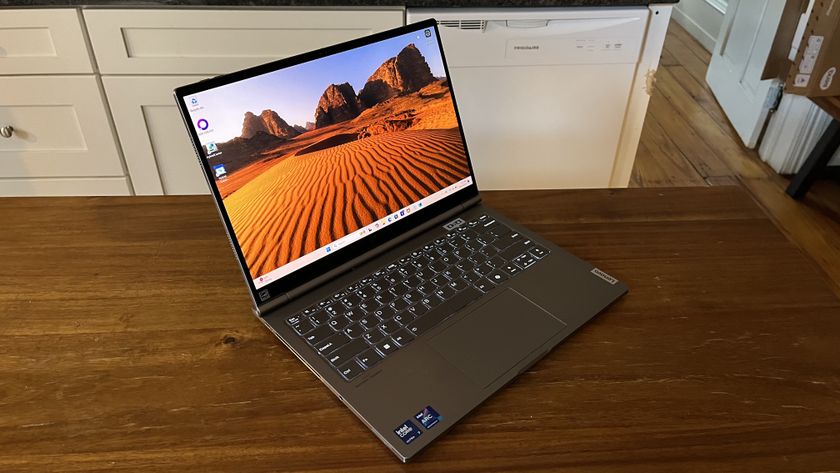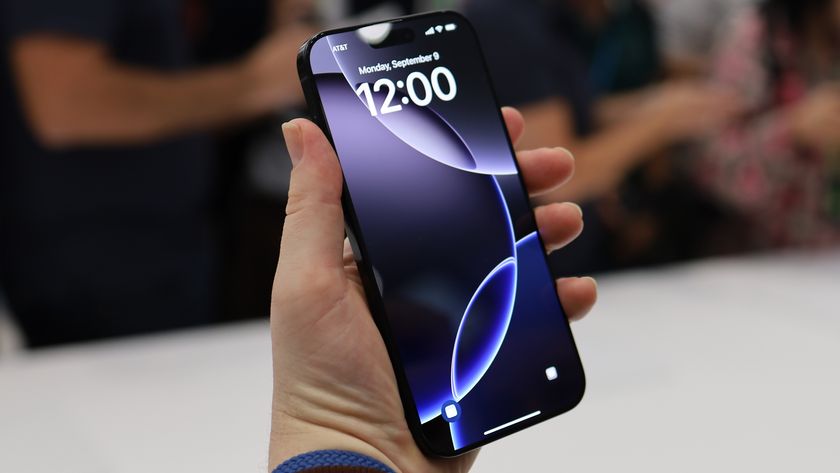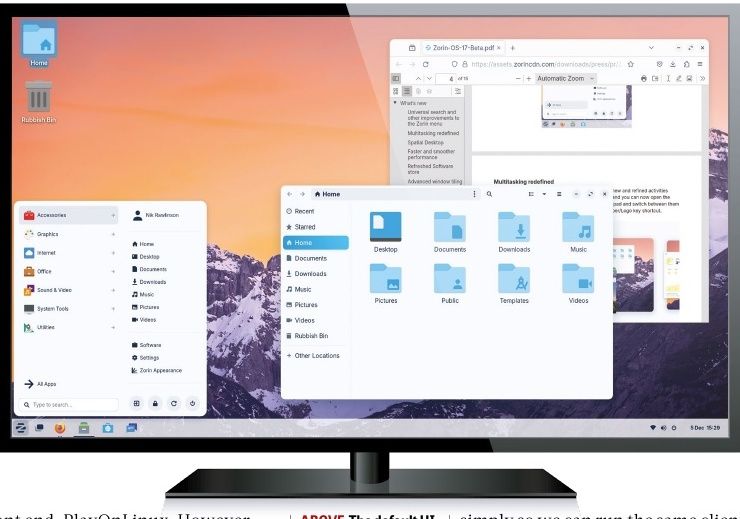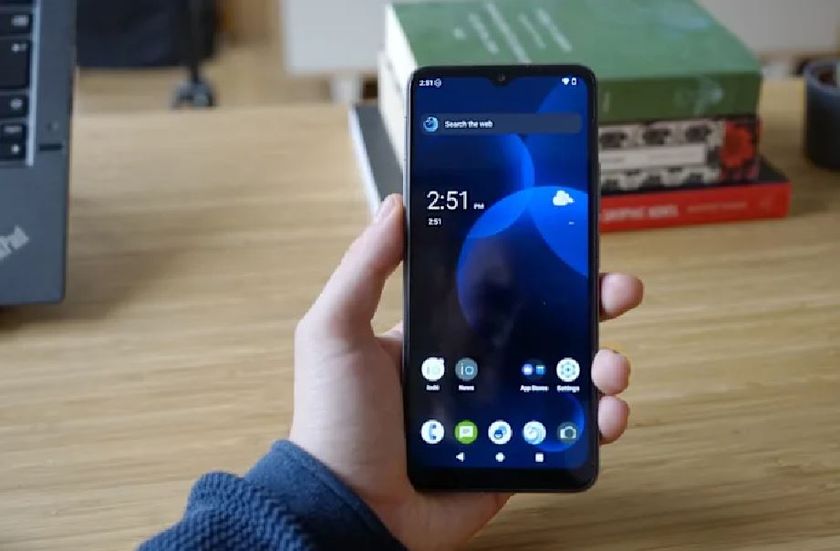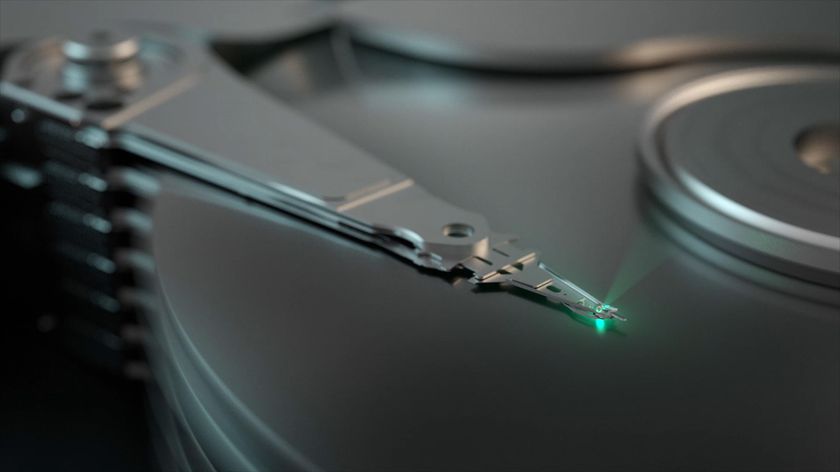Microsoft Surface Laptop 4 and Surface Go 3 rumors emerge – and it’s good news for AMD
Microsoft’s not hanging around
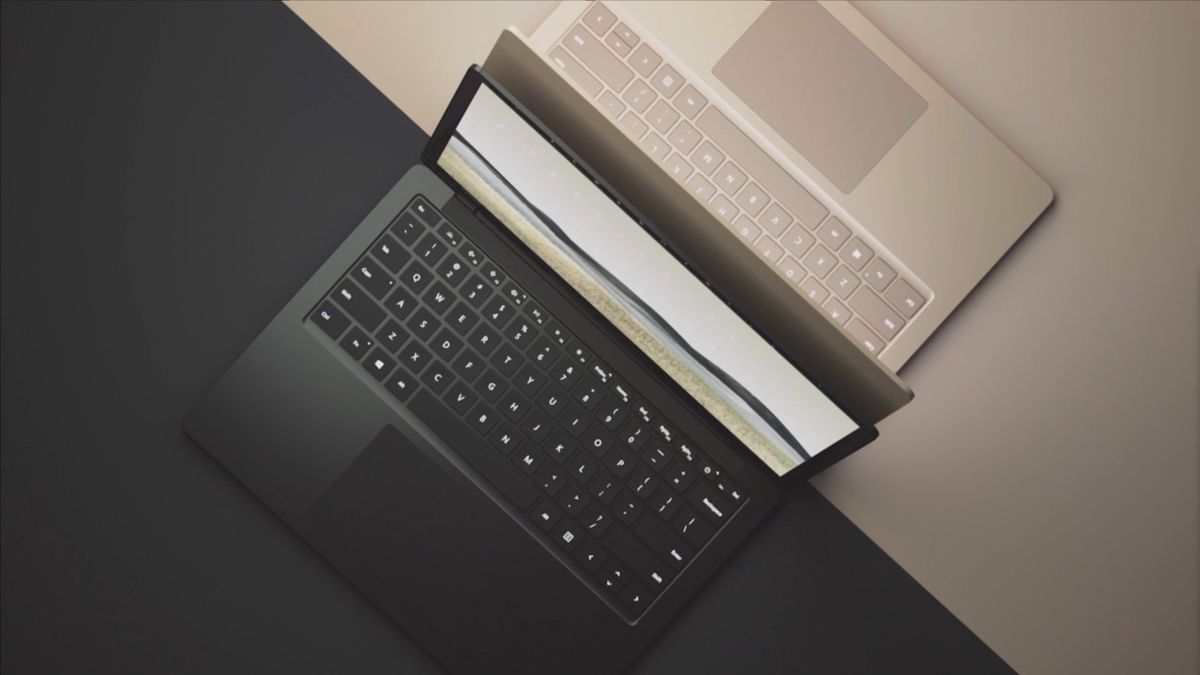
New rumors have emerged that hint at the direction Microsoft will be taking with its upcoming Surface Laptop 4 and Surface Go 3 devices.
While the Surface Book 3 and Surface Go 2 have just been released, no one was expecting Microsoft to take its foot off the pedal, and these new rumors suggest the company is focusing on its flagship and its affordable range.
- These are the best laptop deals right now
- AMD vs Intel: who makes the best processors?
- These are the best Windows tablets
The first rumor pertains to the Surface Laptop 4, and comes from some leaked benchmarks that apparently show the device running Windows 10 May 2020 Update, and powered by the AMD Ryzen 5 4500U processor.
This is based on AMD’s Zen 2 technology, and is a six-core processor with a 2.3GHz and a boost clock of 4GHz.
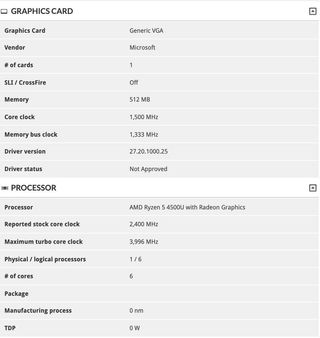
It’s a CPU that’s aimed at providing excellent performance in thin and light devices, so we’d love to see it in an upcoming Surface device from Microsoft.
Last year’s Surface Laptop 3 was the first time Microsoft offered a Surface device running on AMD hardware, and if these benchmarks are correct, it means Microsoft has felt that was enough of a success to carry on the partnership.
The Surface Laptop 3 was also available with Intel CPUs as well, and we imagine that would be the case with the Surface Laptop 4 as well.
Get daily insight, inspiration and deals in your inbox
Sign up for breaking news, reviews, opinion, top tech deals, and more.
Surface Go 3 going AMD as well?
The second rumor focuses on the Surface Go 3, but be warned: this is a lot more nebulous. It comes for a forum poster on Tablet PC Review, who claims to be a Microsoft insider. They say that “we are testing in house the new Ryzen mobile chips including the new very low power 4.8 watt one for our own custom devices but that could also conceivably be used in a Go 2 successor.”
That could mean that AMD could be providing the chips for the Surface Go 3 – which would be a first for the budget tablet.
Again, this rumor needs to be taken with a hefty amount of salt, as it’s from an unverified poster. However, as Windows Latest observes, this poster previously correctly disclosed the specs of the Surface Go 2 before Microsoft officially revealed them.
The chip is apparently codenamed 'Pollock' and will have a very low power consumption of just 4.8 watts.
However, while it is a low-powered part, according to the poster, “heat is still an issue and would be doubly so in an enclosure as packed as the [Surface] Go is”. If accurate, this means that Microsoft is struggling to fit the part into a Surface Go-like device due to how small it is – as the chip is running too hot.
Apparently, though, Microsoft has “relayed what we have found to AMD and we will be working with them on possible alternate solutions”.
This means it might not even show up in the Surface Go 3. However, with the Surface Go 2 having only just released, we aren’t expecting the Surface Go 3 until at least 2021, which gives Microsoft and AMD time to iron out problems – again, if this post is true.
The forum post also suggests that Microsoft could use its own custom chips in a Go 2 successor. Microsoft has previously released the Surface Pro X with its own custom chip (rather than one made by Intel or AMD), so this wouldn’t be too much of a surprise, either.
We’ve no doubt that Microsoft is planning both a Surface Laptop 4 and Surface Go 3 for the future, and hopefully we’ll get some more concrete details about the upcoming products soon.
- These are the best laptops of 2020

Matt is TechRadar's Managing Editor for Core Tech, looking after computing and mobile technology. Having written for a number of publications such as PC Plus, PC Format, T3 and Linux Format, there's no aspect of technology that Matt isn't passionate about, especially computing and PC gaming. He’s personally reviewed and used most of the laptops in our best laptops guide - and since joining TechRadar in 2014, he's reviewed over 250 laptops and computing accessories personally.
